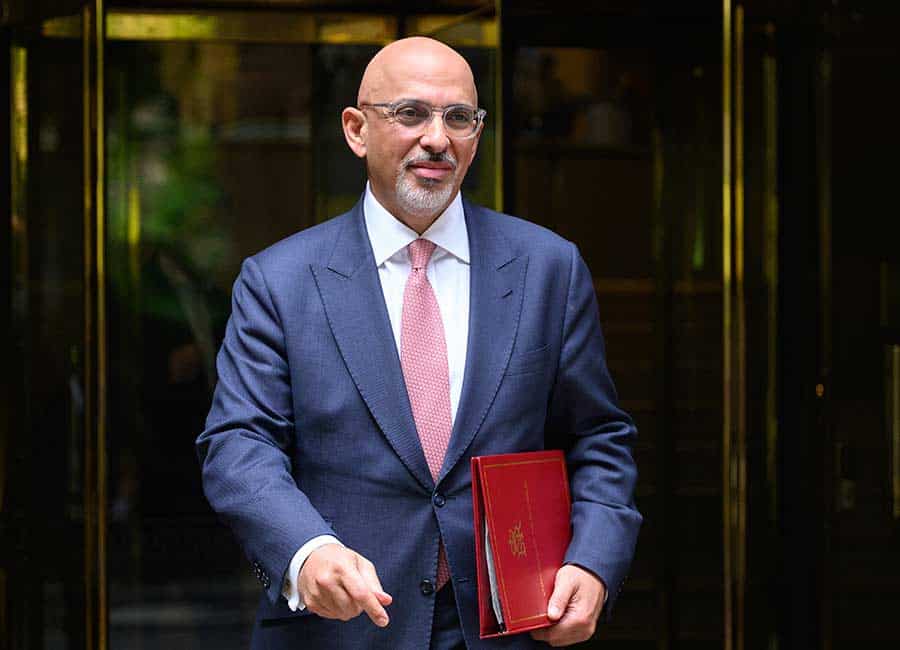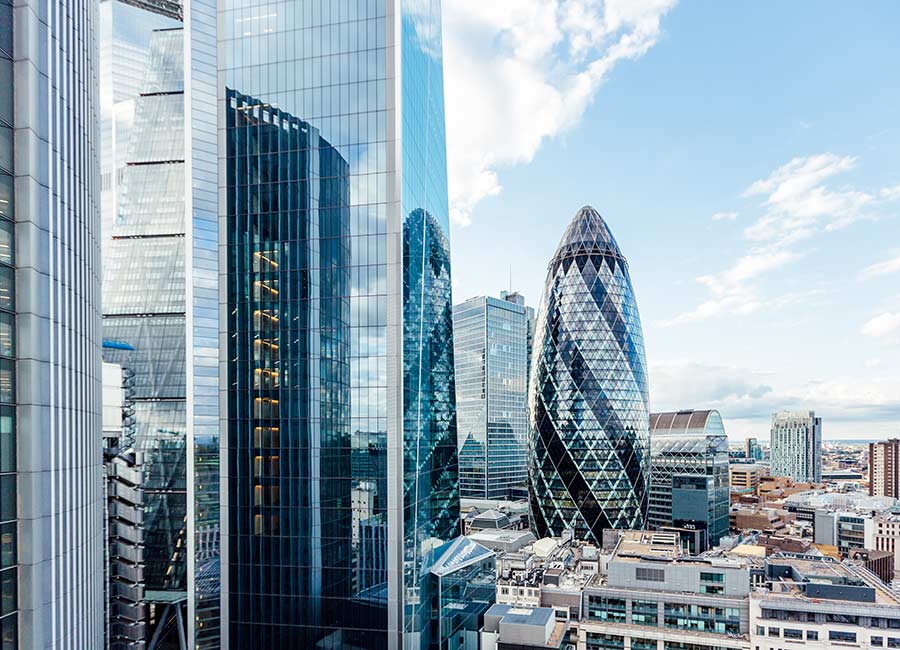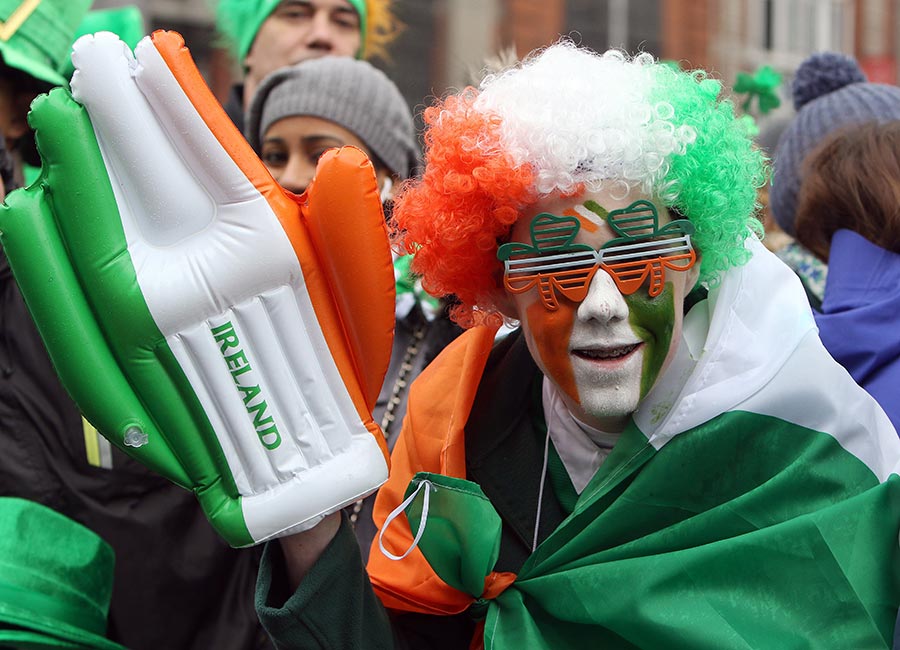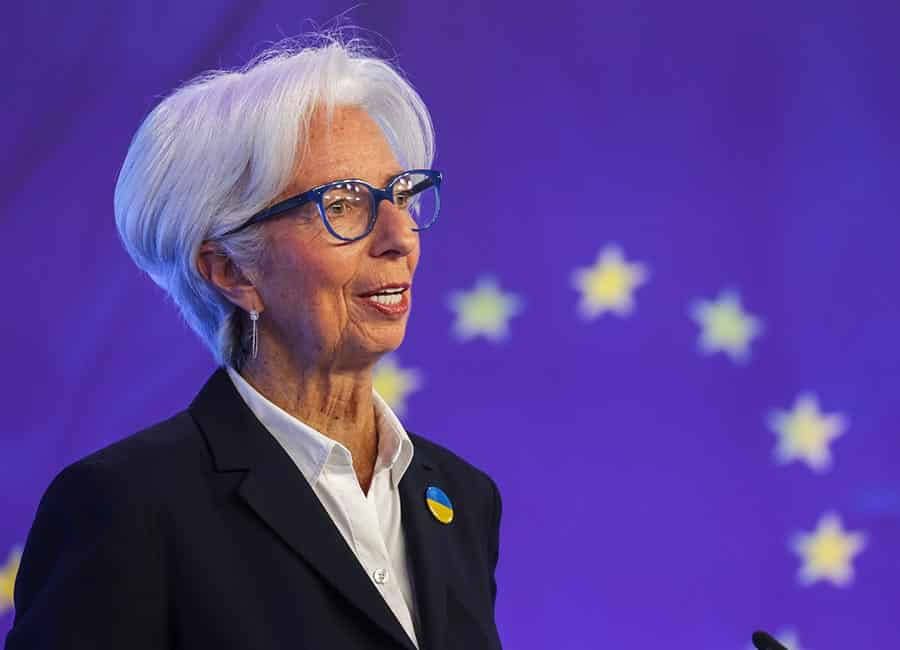Britain's economy grew unexpectedly in May, driven by a rise in doctor appointments but also broader demand for things such as holidays, according to data that could reassure the Bank of England about its plans to keep on raising interest rates.
Economic output expanded by 0.5% in May although consumer services fell as the surge in inflation hit shoppers.
A Reuters poll of economists had pointed to zero growth in May from April.
Health services were a major driver of growth, the Office for National Statistics said, citing "a large rise in GP appointments".
Road hauliers also had a busy month, while travel agencies fared well with pent-up demand for holidays, the ONS said.
The Bank of England has predicted that GDP will contract in the April-June period but some economists said Wednesday's data suggested that might now be avoided.
"It won't require much for quarterly Q2 growth to now be positive as a whole," analysts at RBC Capital Markets said.
Other economists said May's upturn was likely to represent a blip with countries all over Europe struggling to contain inflation driven by soaring energy prices.
"It is too early to break out the champagne, as the details in the release still point to an economy under pressure as the cost-of-living crisis squeezes households' ability to spend," UBS economist Dean Turner said.
Over the three months to May, GDP was up by 0.4% after the ONS said April's fall was not as a big as first estimated.
Britain's new finance minister, Nadhim Zahawi, welcomed the signs of growth but said there was no room for complacency.

"We're working alongside the Bank of England to bear down on inflation and I am confident we can create a stronger economy for everyone across the UK," he said in a statement.
Despite concerns that Britain could fall into a recession later this year, the BoE is expected to raise borrowing costs rates for the sixth time since December on Aug. 4 with the only question for investors relating to the size of the hike. Britain's inflation rate is on course to hit 11% in October, the BoE says.
Sterling rose immediately after Wednesday's data.
Most of the candidates to replace Boris Johnson as prime minister, including Zahawi, say they will cut taxes to get the economy growing again. Former finance minister Rishi Sunak, who is also in the race, says he wants to control inflation first. The ONS revised its estimate of GDP growth in April to show a fall of 0.2% in the month, a slightly smaller drop than originally thought.
Consumer-facing services fell by 0.1% in May from April as inflation accelerated and workers faced a tax increase that was introduced in April. The drop included a 0.5% fall in retail trade and contrasted with April's 2.2% rise.
The ONS said data could be volatile in periods when bank holidays are moved from their usual months - as happened in May - but said it was confident that its adjustments captured the effects of the change.
+Additional reporting Reuters











